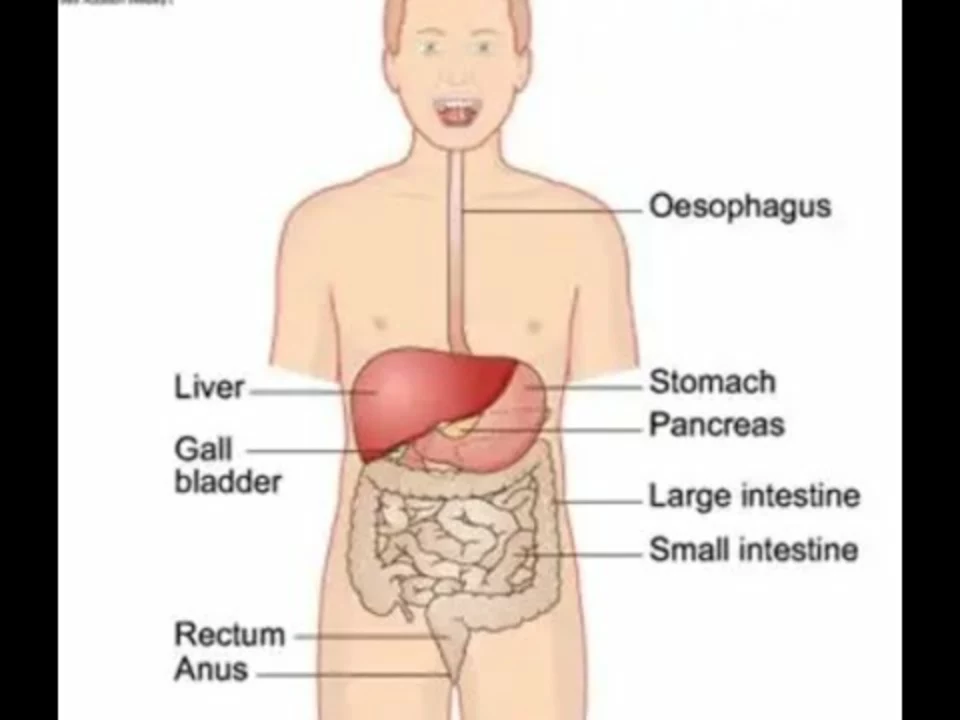Digestive System: Quick Fixes, Travel Tips, and Safe Meds
If your stomach feels off, chances are you’re not alone. Everyday stress, office lunches, and long trips can all mess with digestion. The good news? You don’t need a doctor’s visit for every hiccup. Below are real‑world tips that actually work, plus how to spot safe medication sources when you need them.
Beat Acid Indigestion at Your Desk
Heartburn in the office isn’t just uncomfortable—it can kill your focus. First, watch what you eat during lunch. Heavy, greasy foods and large portions raise stomach acid. Swap that fried chicken for a turkey wrap with whole‑grain bread and add some leafy greens.
Next, hydrate smartly. Drinking a lot of coffee or soda adds both caffeine and acidity. Keep a water bottle handy and sip throughout the day. If you need a pick‑me‑up, try green tea—it’s gentler on your gut.
Posture matters too. Slouching compresses your stomach and pushes acid upward. Adjust your chair so your feet rest flat and keep your screen at eye level. A short walk after lunch, even five minutes, can move food along and lower reflux risk.
If you still feel that burn, over‑the‑counter antacids like calcium carbonate work fast. Just read the label for dosage—usually one or two tablets when symptoms start. Don’t rely on them daily; they’re a stop‑gap while you adjust habits.
Travel Smart: Avoid Constipation on the Go
Long flights, weird food, and changed routines are a perfect storm for constipation. The easiest defense is to stay hydrated. Airplane cabins are dry, so aim for at least eight ounces of water every hour you’re in the air.
Fiber is your friend, even when you’re on the move. Pack portable snacks like almonds, dried apricots, or whole‑grain crackers. These add bulk and keep things moving without needing a fancy meal plan.
Movement matters more than you think. Stretch in your seat, do ankle circles, or stand up for a quick hallway walk when the seatbelt sign is off. Small motions stimulate the intestines and prevent buildup.
If you still feel stuck, a gentle over‑the‑counter stool softener (like docusate sodium) can help. Take it with plenty of water before you land to give your system time to adjust.
Finally, don’t ignore your body’s signals. When the urge hits, use the bathroom right away—delaying only makes things harder later.
Keeping your digestive system running smooth is mostly about everyday choices: smarter meals, better posture, staying hydrated, and moving a bit more. Pair those habits with reliable medication sources if you need relief, and you’ll feel lighter, more focused, and ready for whatever the day throws at you.
Shingles and Your Digestive System: How the Virus Affects Your Gut
In my latest blog post, I discussed the connection between shingles and its impact on our digestive system. I learned that shingles, caused by the reactivation of the chickenpox virus, can affect the nerves in our gut, leading to digestive issues like nausea, vomiting, and abdominal pain. It's important to understand that timely treatment for shingles can help prevent the progression of these symptoms. Additionally, maintaining a healthy immune system can reduce the risk of shingles reactivation. Overall, it's crucial to be aware of the link between shingles and our digestive system to better manage our overall health.
More
